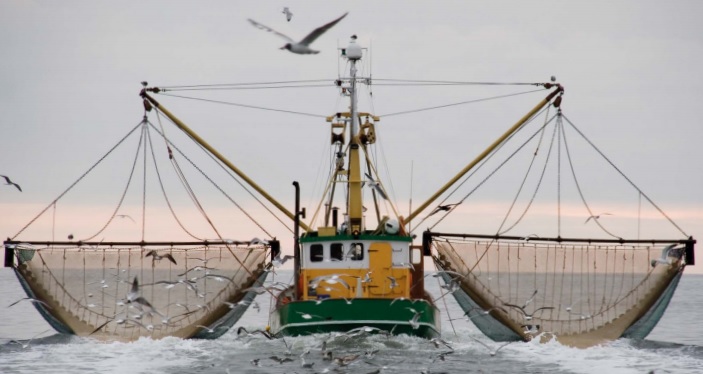In conjunction with HOMARUS, UK P&I Club published a report guide, advising Masters and their Bridge teams on how to reduce the risks of collisions with fishing vessels.
Stuart Edmonston, Loss Prevention Director at UK P&I Club, informs that relevant incidents remain too common, with lives lost, fishing equipment damaged or even total loss of fishing vessels, suggesting that the responsibility of avoiding collisions is equal for masters as well as fishermen.
“The focus of a fishing vessel is not necessarily on safe navigation, but on finding and catching enough fish to make a profitable voyage. Fishermen generally do not receive a wage, but are paid a share of the profits of the voyage. This can, in some cases, lead to fishing becoming the primary objective, and safe navigation a secondary consideration”, he points out.
According to Mr Edmonston, this is why fishermen are not always aware of another vessel’s presence. In addition, several countries do not require any qualifications for a person to take a fishing boat to sea, or the qualifications are fairly lax, so it should not be assumed that the fishermen will know what regulations apply or that they will take action to avoid collisions.
Furthermore, he informs that the most frequent interactions are the ones closer to land, particularly in Traffic Separation Zones, narrow channels or straits and the approaches to harbours or anchorages. Here, small vessels could be numerous, and the larger merchant vessels are often restricted in their ability to manoeuvre.
“There are countless methods for catching fish, each with their own safety considerations and hazards. Due to the number of fishing methods and varieties of gear, it is not always easy to determine what sort of fishing gear a boat is using, or sometimes even whether it is fishing or not. Moreover, fishing vessels can have many sets of fixed gear at sea at any one time and appear to move quickly and erratically between them. Fishing gear can also extend very long distances from the vessel using it, sometimes many miles. If in doubt, it is often best to assume the worst and keep a safe distance”, he explains.
Concluding, he recommends that, if a collision does occur, the main concern of the merchant ship should be to do all in their power to provide the required assistance, and prevent the tragic loss of life.
Explore more at the Club’s relevant guide herebelow:





























































